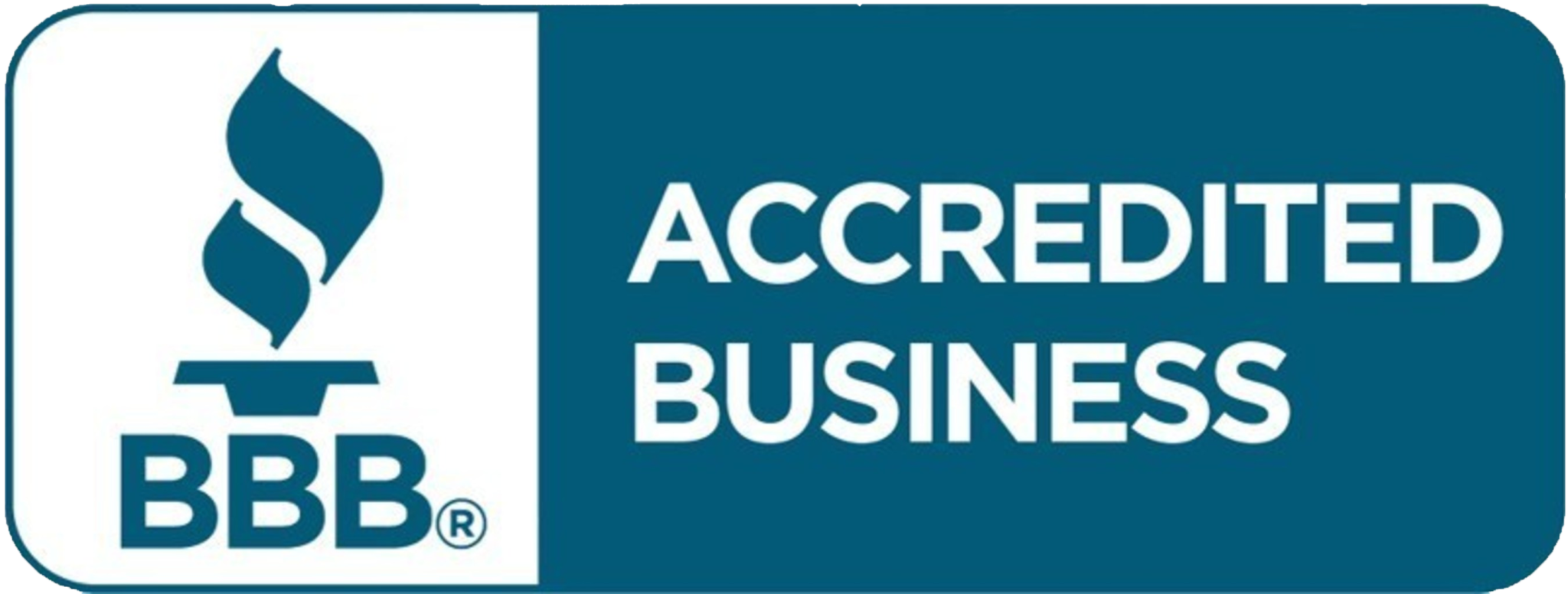A stroke, a sudden interruption of blood supply to the brain, can have profound consequences, affecting cognitive abilities, sensory skills, and motor functions. The journey to recovery is unique for each individual, taking weeks to years, and it requires comprehensive care.
In the United States, where approximately 795,000 people experience a stroke each year, the aftermath can be one of the leading causes of long-term disability. However, with the right stroke recovery strategies and support systems, seniors can navigate the path toward rebuilding their strength and reclaiming their lives.
Understanding Stroke Symptoms
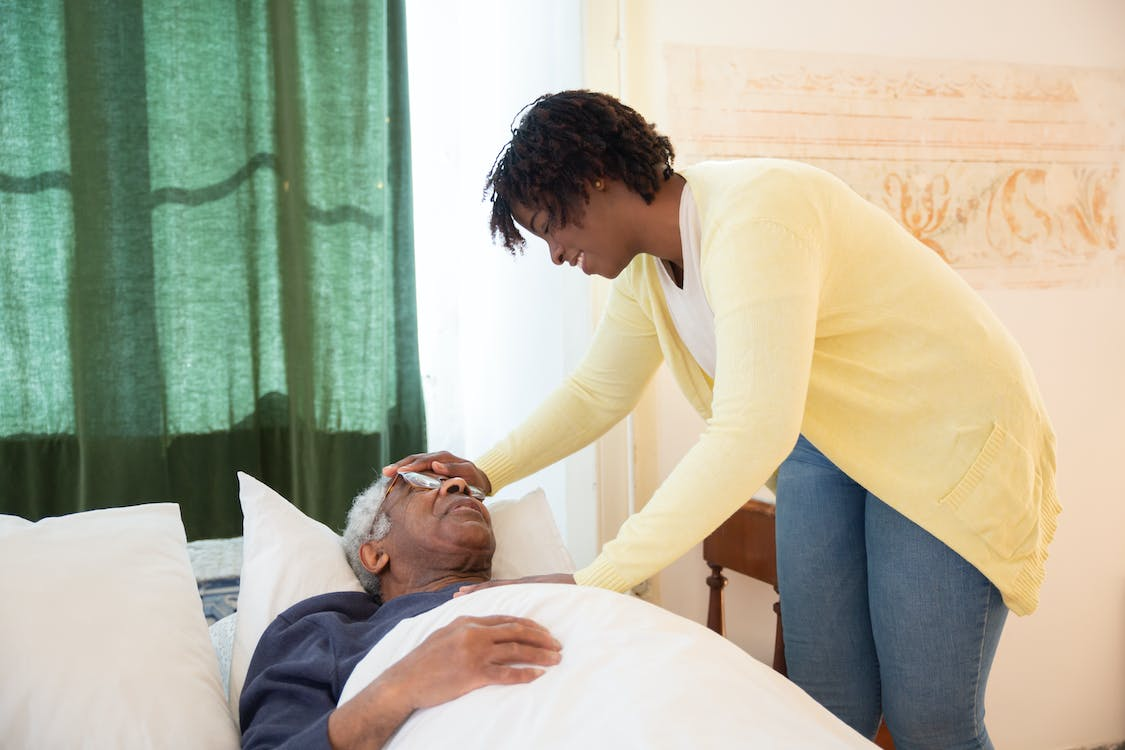
A stroke occurs when blood vessels in the brain rupture, leading to bleeding, or when a blockage impedes blood flow to the brain. According to a CDC report, strokes are the primary cause of death in the United States. The consequences are severe, as the brain’s tissues begin to die without proper blood supply and oxygen.
There are three main types of strokes: hemorrhagic stroke, caused by bleeding in the brain; ischemic stroke, resulting from a blocked blood vessel; and transient ischemic attack (TIA), a temporary disruption of blood flow.
Recognizing stroke symptoms is crucial for timely intervention. Loss of blood and oxygen to the brain can lead to sudden paralysis, speech loss, or difficulty understanding others. Other symptoms include numbness in the legs, arms, and face, slurred speech, dizziness, vomiting, nausea, seizures, behavioral changes, confusion, disorientation, trouble speaking, loss of balance, an unsteady gait, severe headache, blackened vision, and lack of response.
Prompt medical attention is essential to minimize brain damage and improve recovery prospects. Understanding the symptoms and seeking immediate help can significantly increase the chances of survival and reduce the long-term impact of a stroke.
Risk Factors
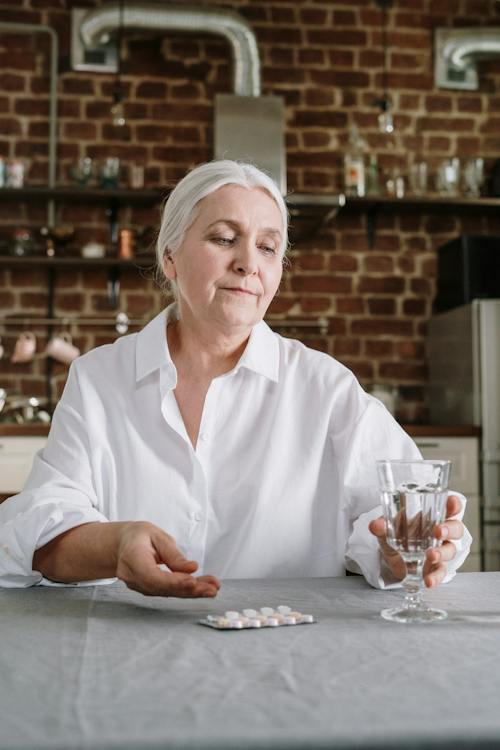
Unbalanced Diet
A diet high in saturated fats, cholesterol, and sodium contributes to the buildup of plaque in arteries, increasing the risk of stroke.
Heavy Alcohol Use
Excessive alcohol consumption raises blood pressure, a key factor in stroke risk. Additionally, it can lead to irregular heart rhythms and contribute to unhealthy lifestyle choices.
Inactivity
A sedentary lifestyle is linked to obesity, hypertension, and diabetes, all of which are major risk factors for stroke. Regular physical activity helps maintain overall health and reduces stroke risk.
Tobacco Use
Smoking damages blood vessels, accelerates the formation of blood clots, and raises blood pressure. These factors significantly heighten the likelihood of stroke.
Genetics and Family History
A family history of stroke or certain genetic factors can increase an individual’s susceptibility to this vascular event.
Age
As age increases, so does the risk of stroke. Advancing age brings higher chances of developing conditions like hypertension and atherosclerosis.
Health History
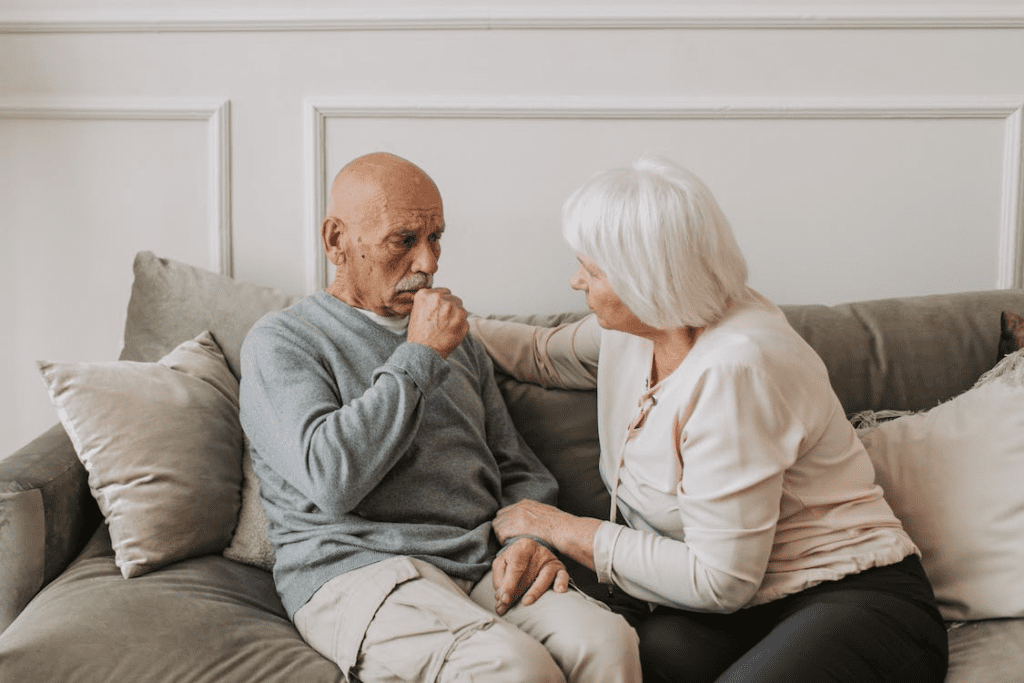
A history of heart disorders, including coronary artery disease, heart valve defects, or a previous stroke, amplifies the risk. Conditions like obesity, high cholesterol, enlarged heart chambers, and diabetes also contribute significantly.
Other Health Conditions
Certain medical conditions, such as sickle cell disease, blood clotting disorders, and diabetes, are additional risk factors that necessitate vigilant management to reduce stroke risk.
Awareness and lifestyle modifications are crucial in mitigating these risk factors and promoting overall cardiovascular health.
Recovery After a Stroke: Rebuilding Speech Skills
One of the most challenging aspects of stroke recovery is often the impact on speech skills.
Aphasia, a common speech impairment post-stroke, can disrupt the ability to form sentences or find words. Seeking the expertise of a speech therapist becomes crucial in regaining coherence.
These professionals assist in enhancing writing, language skills, functional communication, and reading comprehension, providing a comprehensive approach to restoring effective communication.
Rebuilding Motor Skills with Physical Therapy

Stroke-induced damage can severely affect motor skills, causing muscle weakness, coordination issues, and spasms. Physical therapists play a pivotal role in this aspect of recovery.
Through tailored exercises, they help individuals regain strength, improve balance, and relearn motor skills. Walking aids may be introduced to facilitate the process, ensuring a gradual return to physical activities.
Cognitive Rehabilitation: Restoring Thinking Abilities
Cognitive skills, including reasoning and judgment, often bear the brunt of a stroke’s impact. Memory and cognitive abilities may be compromised, posing safety concerns. Recovering these skills requires time and the expertise of occupational therapists.
This specialized therapy aids in cognitive recovery, helping individuals regain their ability to think, reason, and remember effectively. The process may extend over several months, emphasizing the need for patience and persistence.
Sensory Skills: Navigating the Impact on Feeling
Beyond the more obvious impacts, strokes can disrupt sensory skills, affecting the ability to feel pressure, heat, or cold. This aspect of recovery involves addressing sensory deficits and ensuring a comprehensive rehabilitation process.
Occupational therapists may play a role in guiding individuals through sensory reintegration, helping them adapt to changes and regain a sense of normalcy.
Stroke recovery is a multifaceted journey that encompasses speech, motor, cognitive, and sensory aspects. Collaborating with a team of therapists, including speech therapists, physical therapists, and occupational therapists, is essential to achieving a holistic and successful recovery. The process demands commitment, time, and resilience, emphasizing the importance of a supportive network and professional guidance in navigating the challenges post-stroke.
Other Health Complications
One significant complication that can arise after a stroke is difficulty with swallowing, known as dysphagia. This impairment is often a result of nerve damage caused by the stroke.
Individuals may experience challenges such as choking, hiccups, or coughing during meals, posing a risk of aspiration. Speech therapists play a crucial role in helping stroke survivors regain their ability to swallow safely, providing tailored exercises and techniques to improve muscle control and coordination in the affected areas.
Bowel and Bladder Control
Stroke survivors may encounter disruptions in bowel and bladder control, impacting their ability to manage these bodily functions. The consequences range from difficulties reaching the bathroom promptly to issues like constipation, diarrhea, and loss of bowel control.
Seeking assistance from specialists such as bowel therapists or occupational therapists can offer effective strategies to address and manage these challenges, enhancing the individual’s overall quality of life.
Depression
A prevalent psychological complication following a stroke is depression, affecting approximately 50% of individuals. The upheaval caused by the stroke, coupled with physical and lifestyle changes, contributes to this mental health challenge.
Psychologists and psychiatrists play vital roles in addressing post-stroke depression, offering counseling, and therapy, and, when necessary, prescribing antidepressant medications.
Tailored treatment plans help individuals navigate and overcome the emotional toll of a stroke, fostering mental well-being and aiding in the overall recovery process. Recognizing and addressing depression is integral to the holistic care of stroke survivors, promoting a balanced and resilient mental state during their rehabilitation journey.
Stroke Rehabilitation: Where to Begin
Recovering from a stroke necessitates specialized care, and various options are available for patients seeking rehabilitation. Stroke rehabilitation units, in-home care, and skilled nursing homes are common settings where individuals can receive the attention they need.
Each setting offers tailored support to address the unique challenges stroke survivors face.
Strategies for Recovery
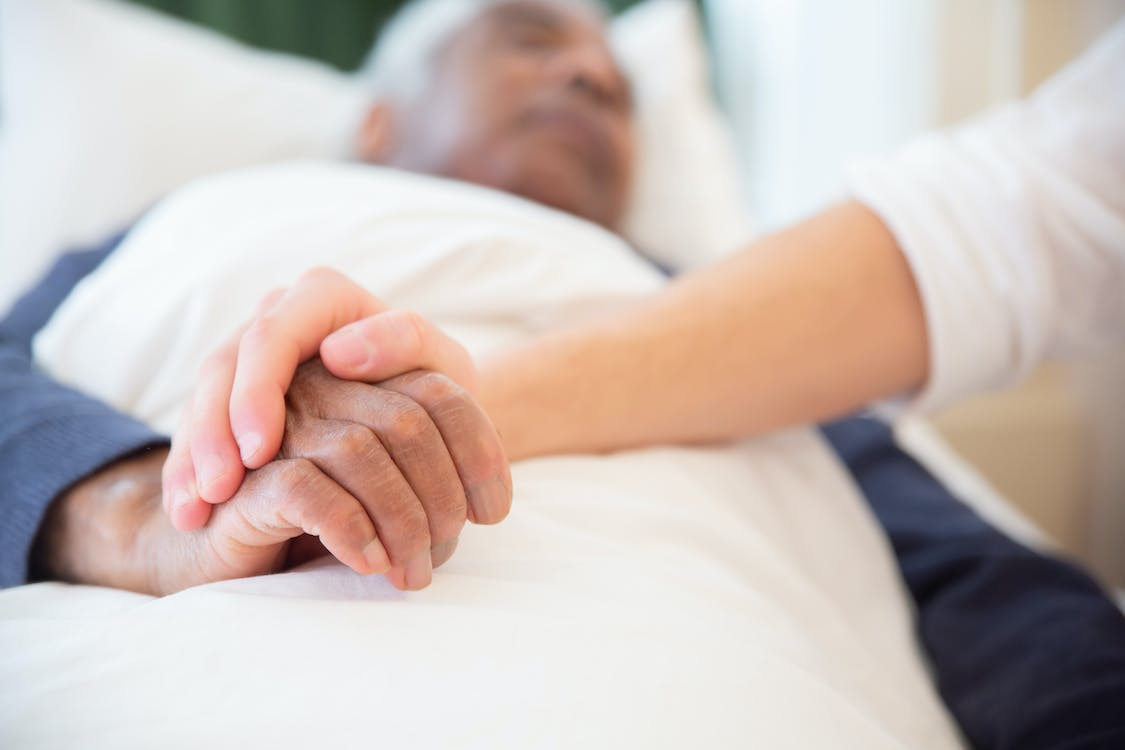
Mobility Training
One of the primary goals in stroke recovery is regaining mobility. Mobility training focuses on enhancing strength, balance, and coordination. Physical therapists work closely with patients to develop customized exercises that gradually improve their ability to walk, stand, and perform daily activities independently.
Motor Skill Exercises
Motor skills often suffer after a stroke, affecting the ability to grasp, reach, and perform routine tasks. Targeted motor skill exercises help rebuild strength and coordination.
Occupational therapists guide seniors through activities that mimic daily challenges, promoting the reacquisition of fine and gross motor skills.
Range of Motion Therapy
Restricted movements post-stroke are common, and range of motion therapy is crucial for preventing muscle stiffness and joint contractures. This therapy involves gentle exercises to improve flexibility and restore normal joint movements, enhancing overall physical function.
Psychological Evaluation and Treatment
The psychological impact of a stroke should not be underestimated. Depression, anxiety, and emotional distress often accompany the physical challenges. Psychologists conduct evaluations and provide tailored therapies to address these emotional aspects, supporting seniors in maintaining a positive mindset throughout their recovery.
Therapies for Communication Issues
Speech and language therapists play a vital role in stroke recovery, addressing communication issues that may arise. These professionals employ various techniques to enhance speech, language, and swallowing functions, empowering seniors to express themselves effectively.
Therapies for Cognitive Disorders
Cognitive functions, including memory and problem-solving skills, can be affected by a stroke. Cognitive rehabilitation involves exercises and activities designed to stimulate cognitive processes, aiding seniors in regaining mental sharpness and independence.
Rehabilitation after a stroke is a crucial and dynamic process, as the recovery time can vary significantly from person to person. Strokes, which occur when blood vessels in the brain rupture and bleed or when a blockage hinders blood flow, lead to not only immediate health complications but also long-term effects and disabilities.
The American Stroke Association reports that around 40% of stroke survivors face challenges with everyday activities for at least six months after the event, and 40% experience severe impairments, with 10% requiring 24-hour nursing care or long-term assistance from a caregiver.
The effectiveness of stroke recovery hinges on various factors, including how soon rehabilitation begins, the extent of damage caused by the stroke, the specific treatments employed, the age of the individual, and any pre-existing health conditions.
Specialists play a crucial role in the rehabilitation process, with a multidisciplinary team often required. This team may include occupational therapists to assist with daily activities, dieticians to address nutritional needs, speech therapists for communication challenges, physical therapists for mobility issues, recreational therapists for leisure activities, case workers for overall coordination, rehabilitation nurses for medical support, and neurologists for specialized care.
Recovery from strokes involves not only physical rehabilitation but also addressing mental health issues such as depression and cognitive impairment. The journey can take weeks, months, or even years, highlighting the importance of a comprehensive and patient-centered approach to rehabilitation. As advancements in medical understanding and therapeutic interventions continue, there is hope for improved outcomes and a better quality of life for stroke survivors.
How to Prevent Strokes
Moderate Weight Management
Maintaining a healthy weight is a crucial step in preventing strokes. Obesity significantly increases the risk of stroke as it often leads to conditions such as hypertension and diabetes. Engaging in regular physical exercises not only aids in weight management but also helps lower cholesterol levels. A balanced diet rich in fruits, vegetables, and whole grains further contributes to overall cardiovascular health.
Quitting Smoking
Smoking is a major risk factor for strokes. The chemicals in tobacco smoke damage blood vessels, making them more prone to rupture or blockage. By quitting smoking, individuals not only reduce their stroke risk but also improve their overall health. The benefits of quitting begin almost immediately, with improved circulation and lowered blood pressure.
Regular Monitoring of Cholesterol and Blood Pressure
Frequent check-ups to monitor cholesterol and blood pressure levels are essential for stroke prevention. High cholesterol and hypertension are key contributors to strokes. Identifying and addressing these issues early can be instrumental in implementing preventive measures, such as medication or lifestyle changes.
Limiting Alcohol Consumption
Excessive alcohol intake can lead to high blood pressure, heart disease, and obesity, all of which increase the risk of strokes. Limiting alcohol consumption to moderate levels, or abstaining altogether, is a vital step in stroke prevention. Moderate drinking is generally defined as up to one drink per day for women and up to two drinks per day for men.
Incorporating these lifestyle changes significantly reduces the risk of strokes, fostering a healthier and more resilient cardiovascular system. Implementing these measures, along with regular medical check-ups and a commitment to overall well-being, empowers individuals to take control of their health and mitigate the risk of stroke.
Stroke recovery is a complex and individualized process that requires a multifaceted approach.
By accessing specialized care in rehabilitation units and utilizing strategies such as mobility training, motor skill exercises, range of motion therapy, psychological evaluation, and targeted therapies for communication and cognitive issues, seniors can embark on a journey of rebuilding strength and reclaiming their lives after a stroke.
Are you looking for professional caregivers in Marion County to look after your loved ones with traumatic brain injuries or recovering from a stroke?
Reach out to our highly qualified and well-trained in-home caregivers at King’s Grace Homecare. At our leading caregiving agency, we provide comprehensive personal care and specialized treatments for the elderly and TBI patients.
At our caregiving agency, we prioritize your aging loved one’s safety and comfort. From tailored care plans to professional home care services, we are committed to helping your loved ones heal and live a better quality of life.
Reach out to us today to learn more about our nursing homes for the elderly.


